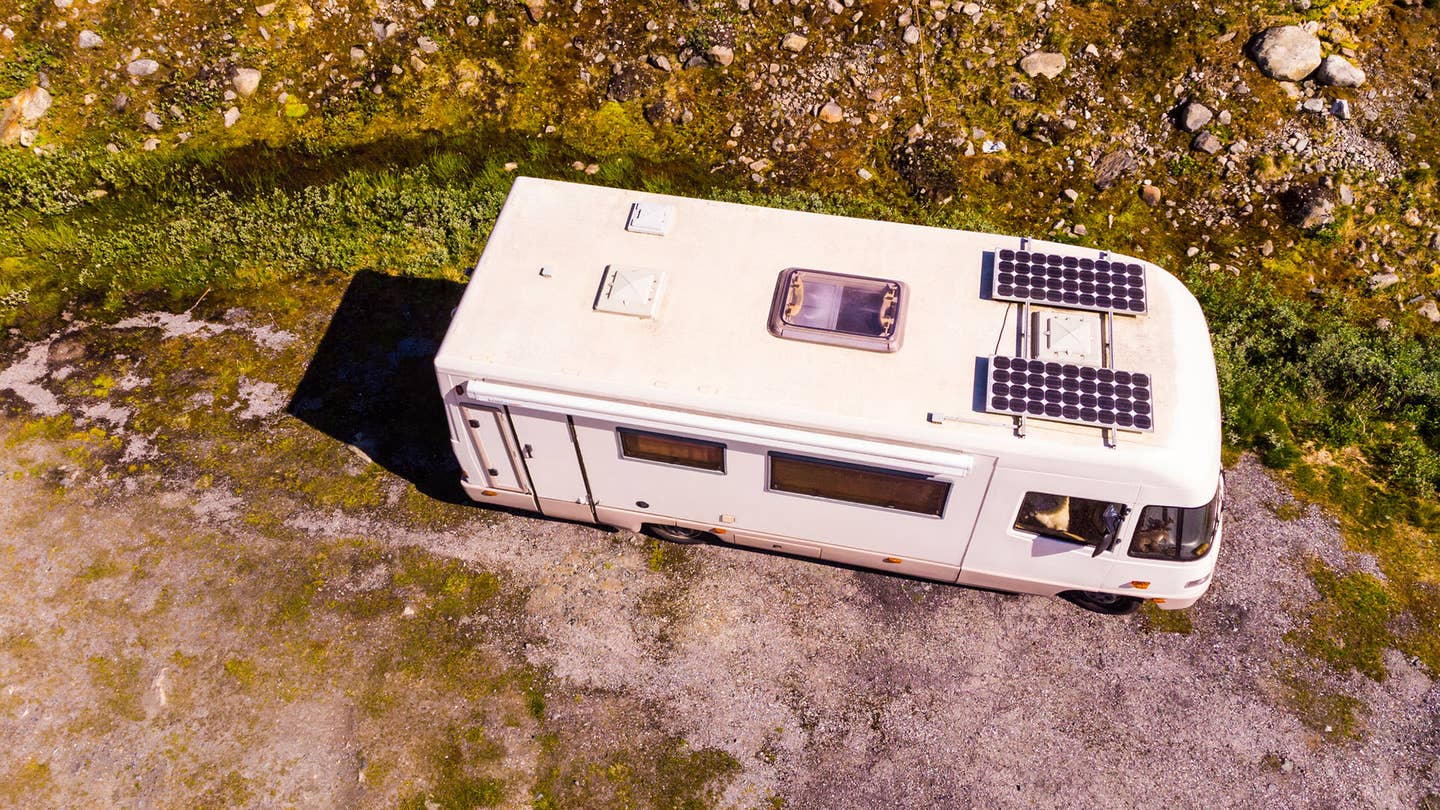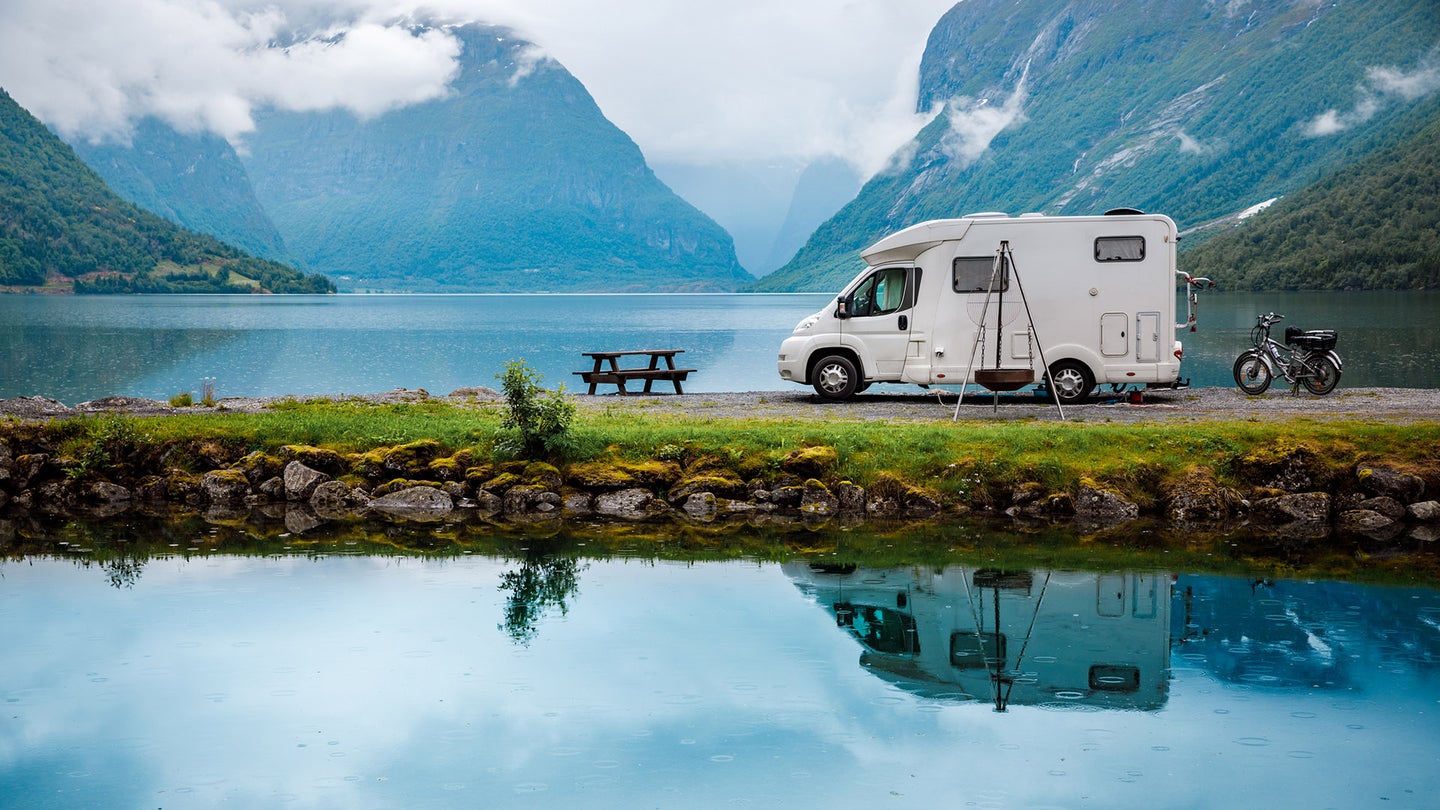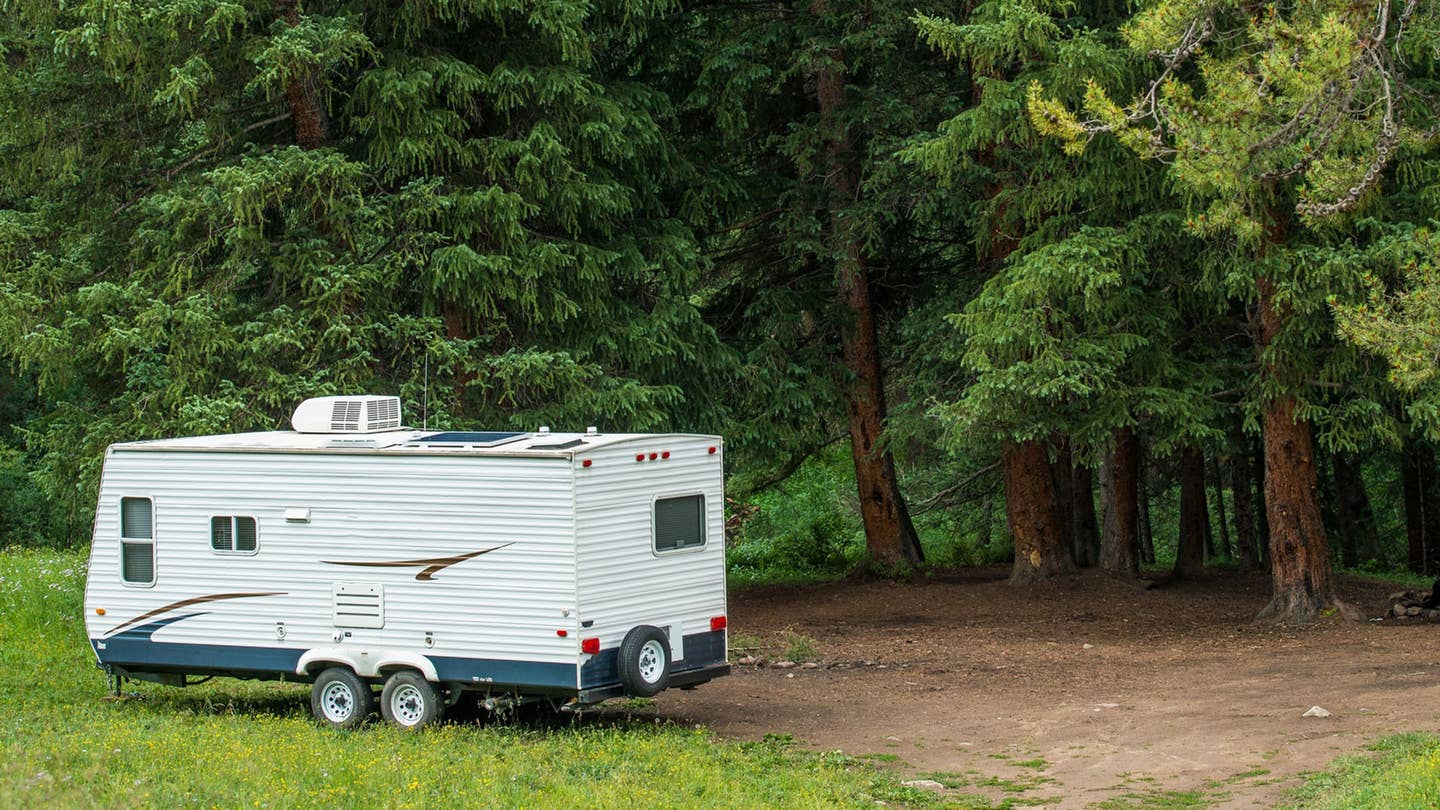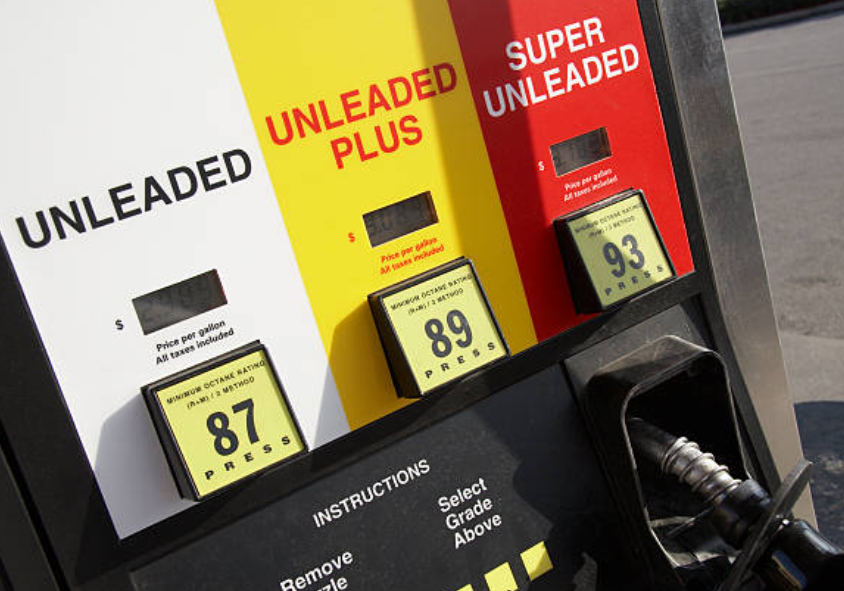How To Prepare RV For Off Grid?
An RV allows for an endless world of freedom and adventure. Whether you are thinking about a short weekend trip to a nearby state park or a lengthy cross-country journey, RVs offer the ideal combination of indoor luxury and outdoor fun. They serve as mobile cabins equipped with beds, bathrooms, toilets, and fully complete kitchens, offering the ideal nomad lifestyle. Nevertheless, many RV enthusiasts still obtain their energy and water from external connections.
But what if you can not resist the temptation of exploring areas that lie outside of well-known campgrounds? Imagine being in the middle of a large Montana field, far away from the conveniences of direct water supplies or plug-ins. The appeal of living off the grid is winning over a lot of people, which is driving up its popularity. Luckily, living off the grid is becoming more and more practical and hassle-free thanks to developments in solar harvesting technologies. Come learn how to get your RV ready for off-grid travel, where the flexibility to go anywhere is unrestricted.

What Constitutes An RV?
A recreational vehicle, or RV, is a portable home furnished with a living area that is used for leisure pursuits including traveling and camping. RVs, also known as travel trailers or caravans, come in several varieties. Some have engines built in, while others are towed by vans, trucks, or SUVs.

Living off the grid means not relying on public utility networks, especially for energy. Living off the grid means that there is no infrastructure for garbage disposal, electricity, or a direct water supply. This kind of camping is known as boondocking, free camping, or dry camping in the RV world.
To keep things somewhat normal when going off-grid, you need to deal with the lack of easily accessible utility connections. Basically, your RV needs to have a way to handle trash, find water, and produce electricity on its own.
Fresh Water Storage System
The days of just getting water from a neighboring river or having a swim in a pond are long gone. Inside your RV, you have to provide your own supply of clean water. This water can be used for drinking, cooking, washing, taking showers, and any other chore that calls for fresh water. Even though most RVs feature water storage units, it is a good idea to keep extra reserves for convenience.
Waste Management
Even though your RV has a toilet, it does not have a direct connection to a dump station for waste disposal. Rather, garbage is kept in an RV compartment until it can be appropriately disposed of at a designated disposal site. It is important to know how much waste your RV can hold and how close adjacent dump facilities are before going on off-grid activities.
Electricity
Electricity is still required in remote locations for a number of uses, including heating, cooling, lighting, and charging electronics. Two main choices come to mind when looking for alternatives to conventional plug-in sources: solar energy and generators run on gasoline.
Gasoline Generators: While effective, gas generators entail logistical challenges such as noise, weight, and the need for fuel refills, making them less conducive to travel and sustainability.
Solar Power: Leveraging the sun's energy through solar panels presents a more environmentally friendly and sustainable solution for off-grid power generation. Solar energy is harnessed through panels, converted into electricity, and stored in battery packs for later use. Depending on individual energy needs and preferences, portable solar units or integrated RV systems offer flexible options for powering off-grid adventures.

There are various solutions available to you when thinking about integrating solar energy into your RV, each with their own benefits and drawbacks. You can choose the solution that best suits your needs by being aware of these possibilities.
Portable Aftermarket Solutions:
For those with modest energy requirements, portable solar packs present a viable option. Typically comprising foldable solar panels that can be easily stowed, these units offer simplicity and affordability.
Pros: Quick setup, cost-effective, space-saving, adaptable, not RV-specific, adjustable to sunlight, easy to clean, direct plug-in capability.
Cons: Limited power output for appliances requires additional setup effort.
Integrated Aftermarket Systems:
If maximizing energy output is paramount, investing in a professionally installed solar system integrated into your RV's electrical setup is advisable. This comprehensive system includes solar panels, a charging unit, a battery pack, and an inverter, with panels typically installed on the RV roof.
Pros: customizable to your specific needs; flexibility in equipment storage; choice of brands and suppliers.
Cons: higher cost, increased complexity, reliance on aftermarket shops for installation.
Factory-Integrated Solutions:
Some RV manufacturers, like Keystone RV Company, offer pre-installed solar systems directly from the factory. While convenient, these systems may not align precisely with your preferences in terms of equipment. Additionally, opting for factory integration could incur higher costs and potentially limit future upgrades as solar technology advances.
Pros: Avoids the hassle of aftermarket installation; seamless integration; tailored to your RV.
Cons: Potentially higher cost; lack of control over setup; limited flexibility for modifications.
Solar setups can range from simple configurations with just one panel to more elaborate systems covering the entire roof of your RV. As a general guideline, most setups consist of 1 to 4 panels, each rated around 100 watts. The number of panels needed for your journey will hinge on factors such as your battery capacity, intended appliance usage, reliance on creature comforts, and the duration of your off-grid excursion.
To accurately assess your solar panel needs, GoPower offers an RV solar calculator that guides you through various prompts to tailor the solution to your specific requirements.
- Consider these handy suggestions to effectively manage and conserve the energy generated by your solar system:
- Make use of LED lighting that uses less energy.
- Reduce how often you use your heating and cooling systems.
- Purchase energy-efficient appliances.
- When possible, use manual techniques to lessen your dependency on electricity.
- Charge electronic devices only when they're not in active use.
- Adjust the angle and position of portable panels to maximize sun exposure throughout the day.
Is it Possible to Live Completely Off the Grid in an RV?
Certainly! The feasibility of this lifestyle choice hinges on your financial resources and willingness to forego certain luxuries.
Is RVing Cheaper Than Staying in Hotels?
Without specifics, it depends on factors like frequency of use and purchase cost. Generally, renting an RV for a night off-grid is often cheaper than many hotel stays. However, buying an expensive RV for infrequent use may not be more economical than frequent hotel visits.
What Does "Not Self-Contained" Mean for an RV?
A non-self-contained RV relies on external resources for operation. In contrast, a self-contained RV is equipped to function independently without requiring external resources.
In summary, RVs provide unmatched independence and adventure by skillfully fusing inside comfort with outdoor discovery. Although many people still depend on external connections, off-grid living is becoming more and more possible because to developments in solar technology. RV fans can discover countless opportunities for self-sufficiency and exploration by adopting off-grid capabilities, leading to life-changing road trips.
Click ont he following link to read another blog post: How Garage Air Compressors Work?










